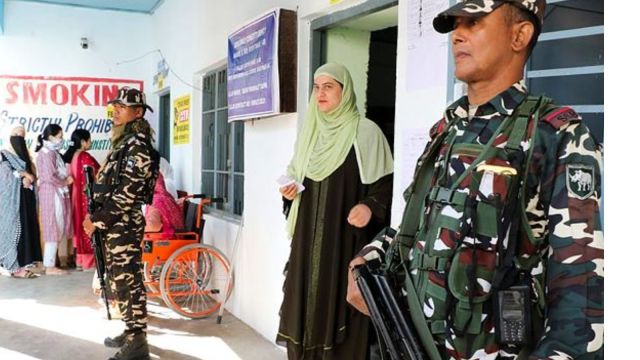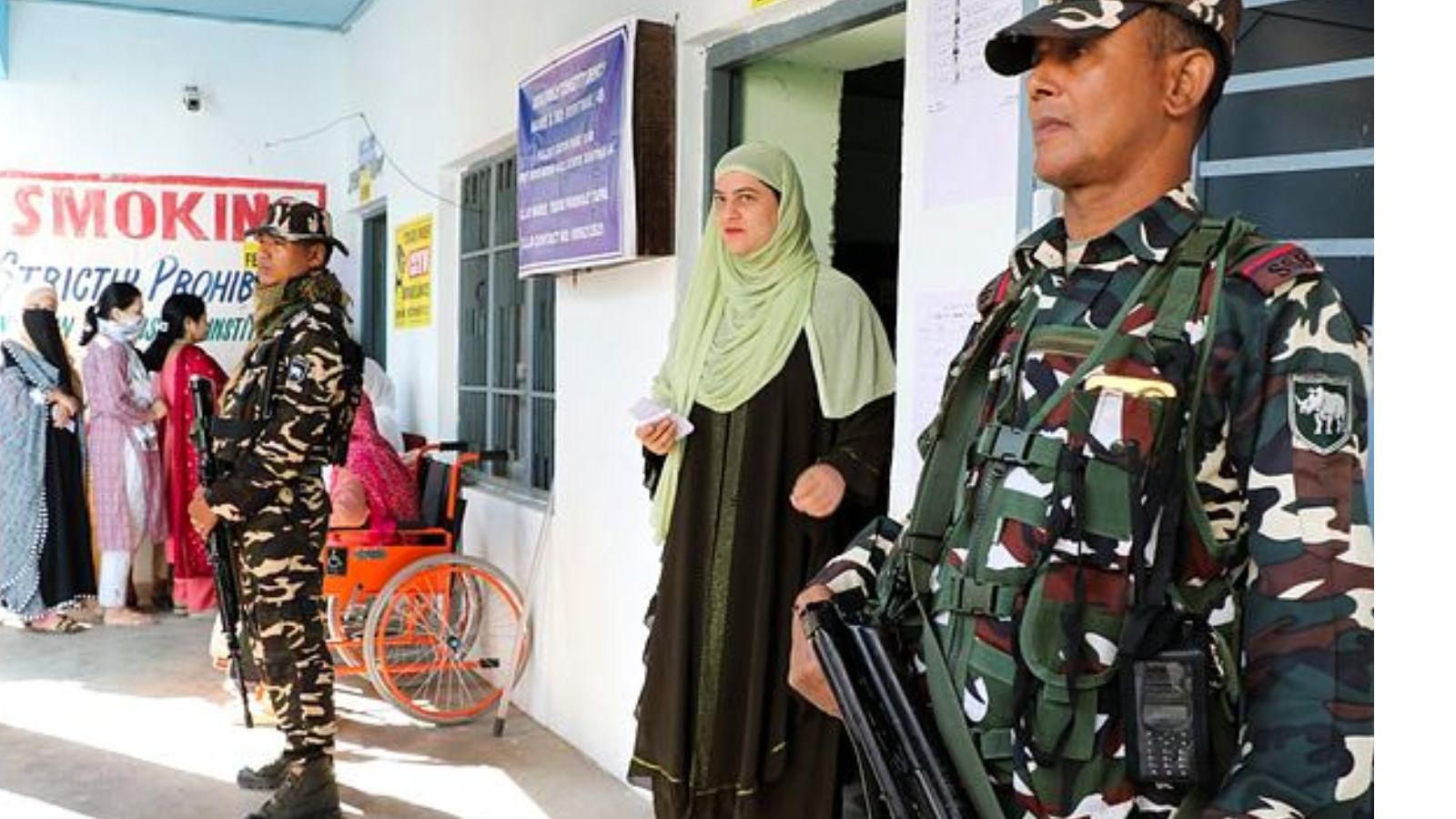
A democracy becomes truly vibrant through the social and political experiments with its electoral process. In the early years of the Republic, elections for all 25 states were conducted along with the general election. Over time, however, as states got reorganised and governments fell, there were elections every year, putting great pressure on the state machinery and its resources. The One Nation One Election (ONOE) proposal, which was accepted this week by the Union Cabinet, aims to synchronise elections. Such a move will increase the political engagement of Dalits and the marginalised. Their voices will be heard more clearly, ensuring their presence in democratic governance. The ONOE plan can also be seen as the actualisation of B R Ambedkar’s emphasis on social democracy.
In India’s first general election in 1952, the total voter turnout was 48.27 per cent. With a marginal increase over the years, the voter turnout in 2009 was only 58.21 per cent. The evident lack of enthusiasm on the part of voters has been attributed to several factors such as policy paralysis, elected representatives being disconnected from their electorates, frequent toppling of governments, political horse-trading, defections, etc. Voter fatigue can also kick in despite active engagement by the government due to the lack of collective consciousness built on a shared political experience. This is a pitfall of having frequent elections, which has led to the devaluation of the ballot across the spectrum. Freebies, liquor or money end up playing a much larger role than collective bargaining. By hitting reset on the election cycle, we might be able to control the diminishing utility of the ballot box, reigning in voter fatigue by aligning local and regional development goals with that of the nation.
Elections play a crucial role in national integration, not just in terms of our polity but also in society. They help in rationalising our approach to effective governance by keeping in mind not just the writ of the majority but also the aspirations of the marginalised and minorities. With ONOE, we will switch back to the 1952 cycle, but this must also come with structural changes to ensure the sanctity and perception of the electoral process, as well as people’s participation. Frequent elections have proved to be a financial burden on small regional parties which primarily focus on issues of the marginalised. With this move, we will see their increased participation not only in state elections but also at the national level because of efficient resource management.
A majority of migrant workers across India come from marginalised communities or classes. The government must ensure they are able to participate in the electoral process. This can be achieved via several initiatives, such as multi-location voting, allowing a Dalit migrant from Odisha to vote for his/her home electorate while working in a factory in Haryana. The participation of migrant workers in the voting process must be ensured without hampering their work. Voters employed in private factories and workshops must either have the option of postal ballots or multi-location voting or compulsory leave for voting, including their travel time. More Election Special trains, to ferry people to their designated polling area, with reduced fares or complete waivers, must also be considered. Bringing polling booths to voters instead of voters to polling booths, by enabling local ASHA Kendras, colleges and universities, and SHG centres as convergence polling stations, will ensure greater participation and broader acceptance of the government and its policies.
A single election cycle would put in the hands of marginalised electorates an instrument of change which was lost in the chaos of continuous cycle of voting and campaigning. Elections in India are markers of social change and the government must take this opportunity to ensure and enable access to the vote through active participation which will help strengthen civic engagement, create a sense of social and political belonging and deepen democratic values.
The writer is assistant professor of Sociology, Lakshmibai College, Delhi University
© The Indian Express Pvt Ltd
First uploaded on: 20-09-2024 at 17:52 IST



